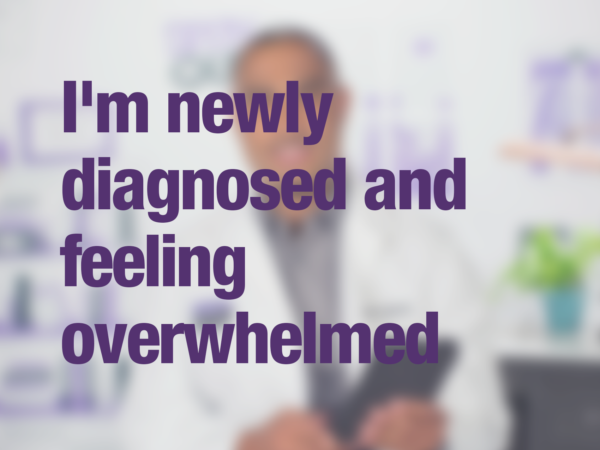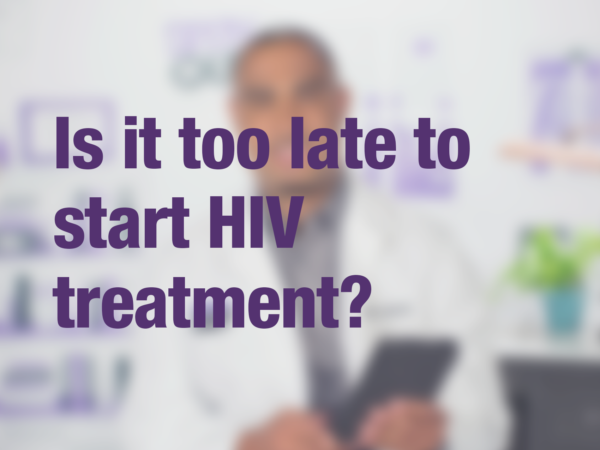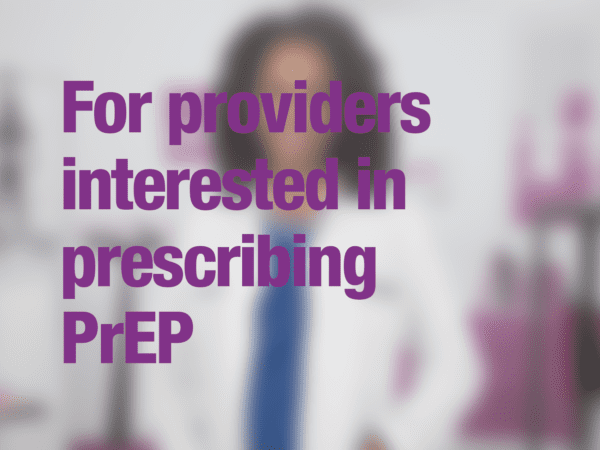I’m Dr. Demetre, I’m an HIV doc and you can ask me anything.
So, very often people will say, “my doctor or healthcare provider told me they did everything they need to do.”
I think it’s really important to ask, “What tests are included?”
And if they don’t include an HIV test, you need to ask for an HIV test, because there’s no way to subtly guess it from other information.
It’s important to go right to the source, which is the test that actually is designed to detect the infection.
There’s lots of ways to get an HIV test. You can get your blood drawn, it goes to a laboratory, or you can do a rapid test or something that’s what they call point of care,
whether it’s a finger stick or an oral swab. It can give you your HIV results often in a minute to 20 minutes. So really, really fast.
The other option, if you don’t want to go to a clinic or a medical professional’s office is to get a self-test.
There’s a lot of ways to get a self-testing kit. It can be delivered where you want it to be, whether that’s your home or somewhere else
that you feel comfortable, or you can just roll on up to a pharmacy and purchase one yourself.
So, an HIV test, it can detect HIV fairly soon after a new infection, it depends on what test is being used.
And, so, lab-based testing, on the order of 6-8 weeks you should have a positive test result if there is an infection.
A self-test may have a longer window period. So, if you had a recent exposure and let’s say you did a self- test, that’s an oral test, you may
want to consider getting a repeat test sooner than later, or going into a clinical provider to get a lab-based test.
You don’t want to wait for symptoms because that means that HIV potentially has really progressed, which means that you may have later stage infection. The sooner we know about HIV the better…
We can start you on antiretroviral therapy and keep that immune system healthy.


